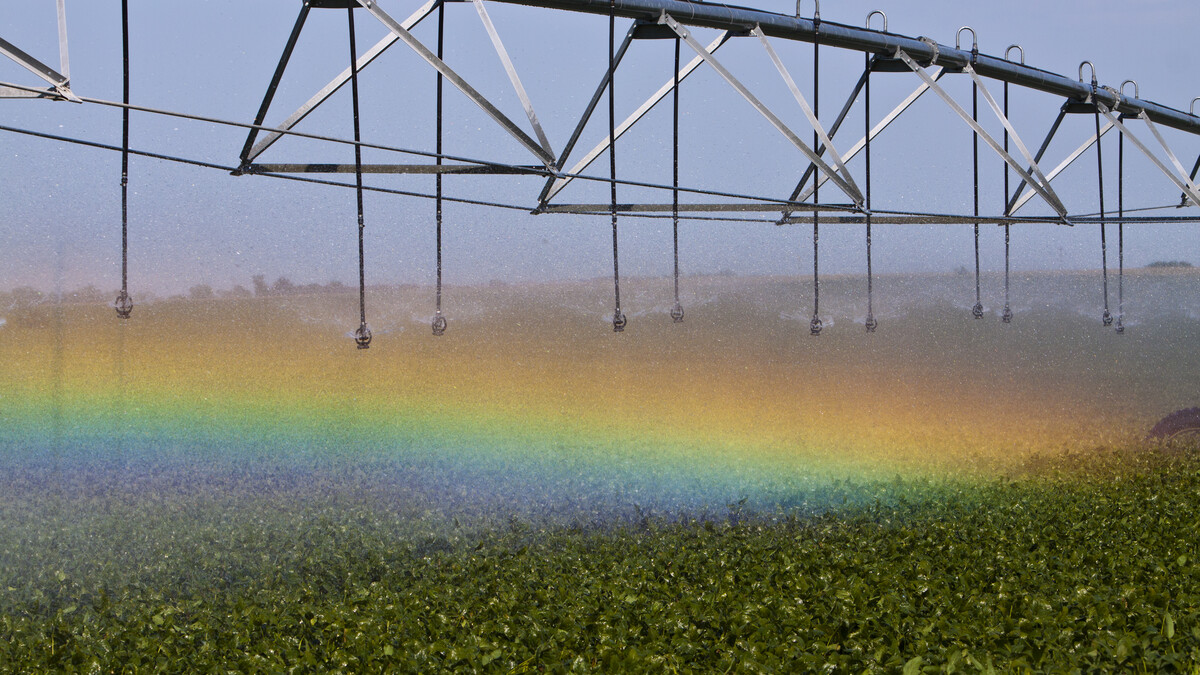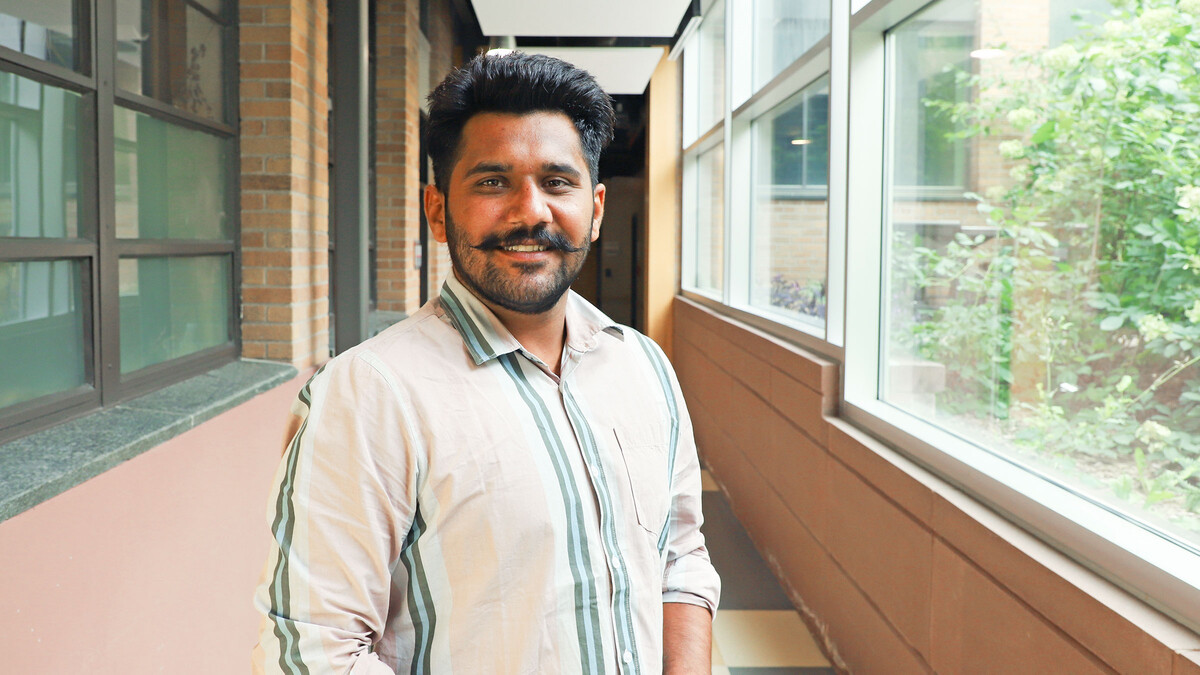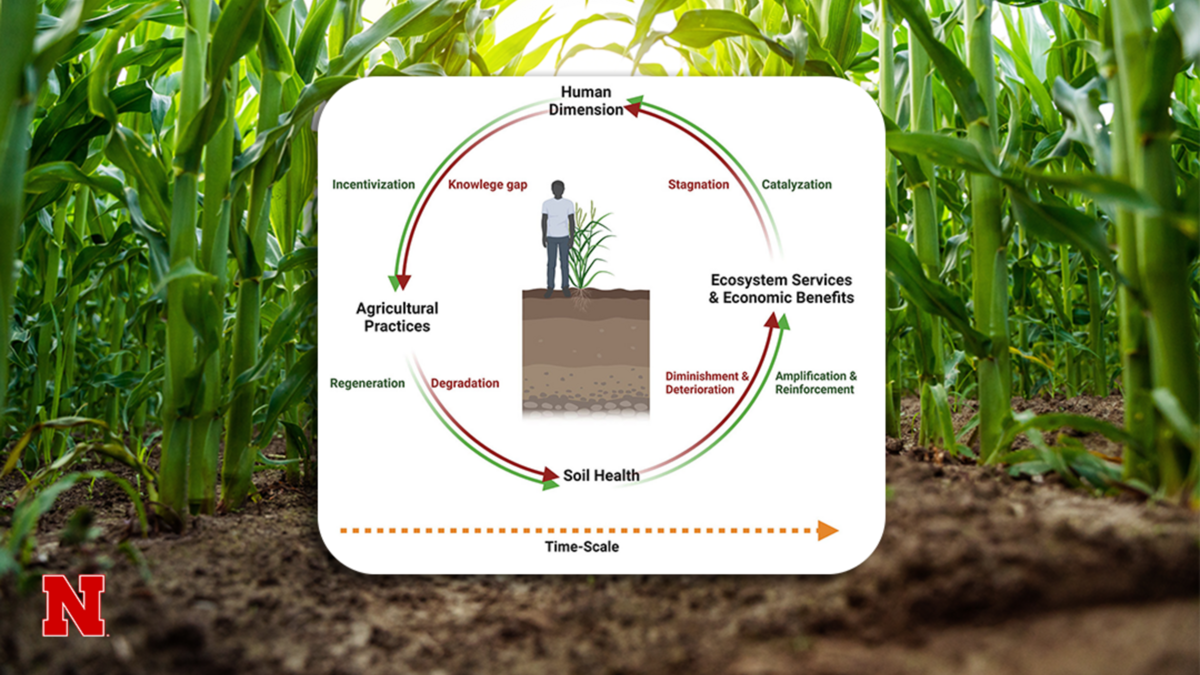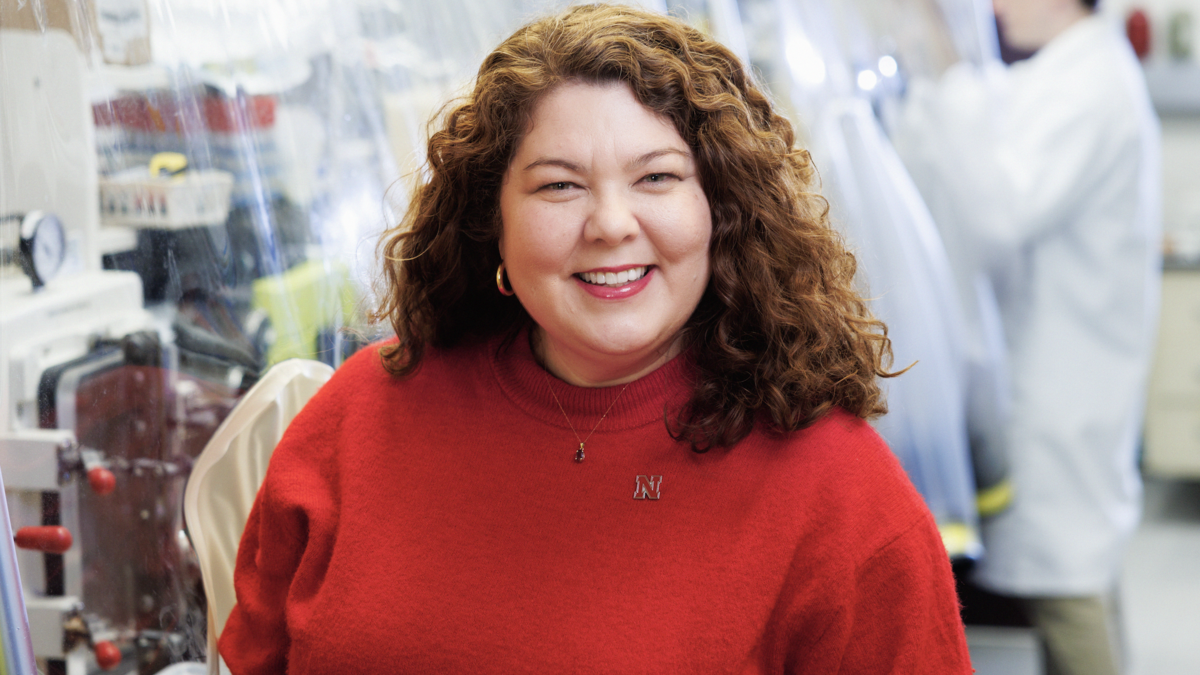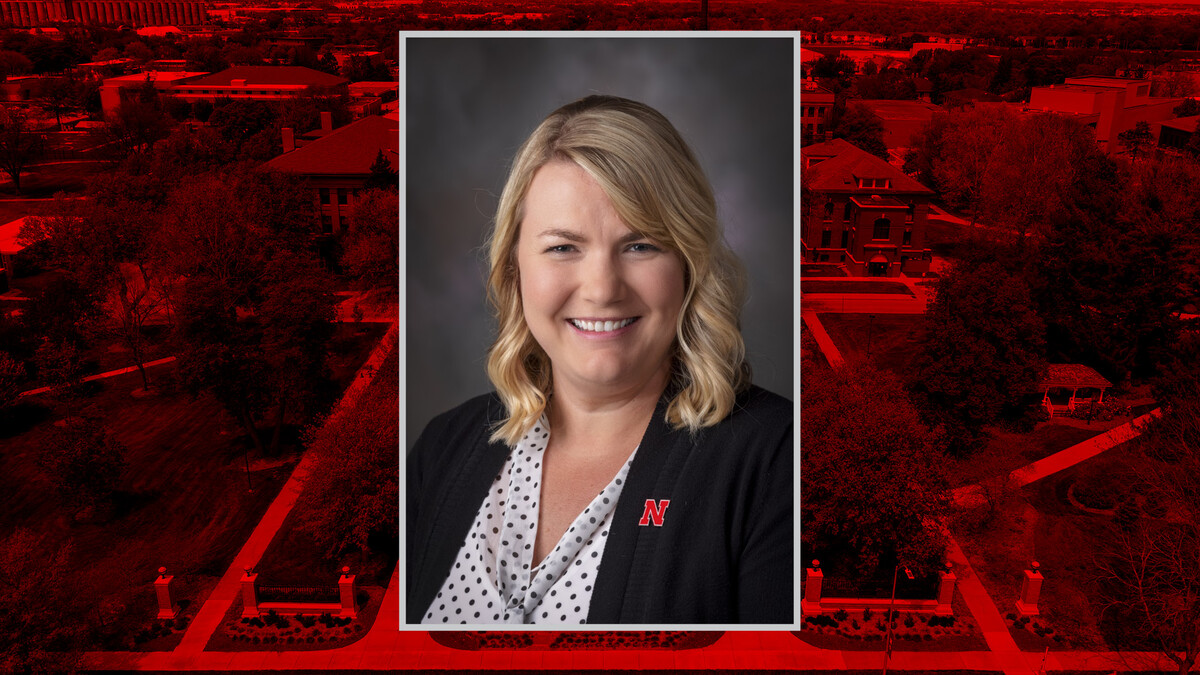Nov. 6, 2013
LINCOLN, Neb. — Rural America is poised to reap the benefits of coming economic and societal changes, but agriculture needs to do a better job of telling its story to urban dwellers, said Secretary of Agriculture Tom Vilsack Tuesday.
A new farm bill would be helpful too, said Vilsack, whose audience included Rep. Jeff Fortenberry.
Vilsack was the closing speaker at the University of Nebraska's Rural Futures Conference, an appearance jointly sponsored with the Heuermann Lectures in the university's Institute of Agriculture and Natural Resources.
Vilsack recited a litany of agriculture's strengths – record exports and expanding domestic markets; increased profits; renewed conservation efforts; and continued development of second- and third-generation renewable fuel sources. Humanity's greatest looming challenge – increasing food production by 70 percent to feed a growing world population – will be solved largely in rural America, he added.
Rural America is key in keeping the nation secure: It produces enough food to feed its people and, though it comprises just 16 percent of the population, it provides 40 percent of those who enlist in the military, Vilsack said.
However, there are challenges, too. Per capita income in rural America lags behind that in urban areas. Eighty-five percent of the nation's poorest counties are rural. Agriculture has a huge stake in immigration reform since it relies so heavily on seasonal workers from Mexico. Populations in rural areas are dropping as a lack of new jobs is driving young people away.
Also, many agricultural programs are in limbo because a new farm bill still awaits congressional approval. While most of the media coverage has focused on the bill's farm subsidy and food stamp programs, Vilsack said the legislation includes much more, including research funding for land-grant universities such as the University of Nebraska-Lincoln.
Echoing a theme that resonated throughout the three-day Rural Futures Conference, Vilsack said rural America is essential to the nation's future, but its advocates must make that case forcefully to people who give little thought to how food gets to their tables.
"Now is the time for us to re-emphasize, re-educate and remind America of the importance of rural America," Vilsack said. "We have to market agricultural research in a way that people understand what's in it for them."
People "don't quite get what's going on on the farm because we don't talk to them, so they get some pretty crazy ideas," Vilsack said.
Although production agriculture remains the backbone of rural regions, they have much to offer, including most of the nation's recreational spots, he added.
The "bio-based economy" will exist largely in rural America, where new industries are sprouting up to transform virtually every part of agricultural waste into something new. Vilsack said about 3,100 companies already are involved in this industry, with more to come; virtually all will locate in rural America, creating jobs there, because it's too costly to transport waste products very far.
Vilsack directly addressed members of the FFA who were at his speech.
"Despite the challenges, despite the difficulties, despite the disagreements, there's never been a better time to be a young person in rural America," he said. Young people have a chance to lead America into this new era.
"It's going to be up to you to do this."
Heuermann Lectures in the Institute of Agriculture and Natural Resources at the University of Nebraska-Lincoln focus on providing and sustaining enough food, natural resources and renewable energy for the world's people, and on securing the sustainability of rural communities where the vital work of producing food and renewable energy occurs.
The lectures are made possible by a gift from B. Keith and Norma Heuermann of Phillips, long-time university supporters with a strong commitment to Nebraska's production agriculture, natural resources, rural areas and people.
Lectures stream live at http://heuermannlectures.unl.edu and are broadcast on NET2 World at a date following the lecture.
Dan MoserIANR News Service
402-472-3030
dmoser3@unl.edu
